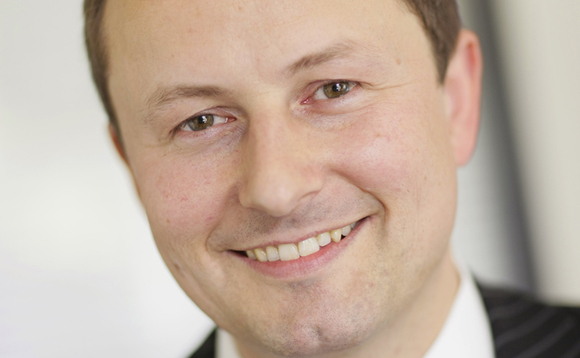
DACH PE Congress: Sourcing in a low-growth environment

With the eurocrisis overshadowing any economic and fiscal concern on the continent, GPs have to rethink how to successfully source deals and impress investors to secure commitments for future funds. Anneken Tappe reports from the unquote” DACH Private Equity Congress in Munich
In Q3, Germany has shown more stable deal flow than any other country in Europe. With almost €4bn worth of deals, it outperformed the historically stronger UK, as well as France. Of course, much of Germany's current success story can be attributed to the country's relative economic strength and its lead role in the eurozone crisis.
The crisis has introduced an element of uncertainty, as opposed to risk, which has fuelled investor worries across the board.
"The heart of the matter of the eurocrisis is a crisis of confidence because what investors fear the most is other investors' fears," explains Michael Grote, professor of corporate finance at the Frankfurt School of Finance and Management.
For GPs, that means – besides a good pitch – they have to convince investors that their scepticism is unnecessary for the product in question. One answer to this dilemma appears to be specialisation. Rainer Strohmenger of Wellington Partners, a venture fund specialised in life sciences, which just held a first close on its latest fund, stressed the need to refocus the deal sourcing process: "We need to be efficient with regard to deal selection, because you can't do rigorous due diligence on 400 potential targets."
Werner Schnorf, co-founder and CEO of Switzerland-based Zurmont Madison, presented a different approach. Without active deal sourcing, GPs will be in the same position as their competitors, which will make it difficult to find attractive deals.
"I think it is important to rely less on corporate finance advisers and source deals through a proprietary network," says Schnorf. "It is a way of getting to know a company much better than in auctions. At the end of the day, we take over the responsibilities for all employees and also our investors. In an auction, this will just not happen."
Schnorf sees a lot of potential in mid-market succession deals, which he expects to take off in the coming four years. But to be successful, a GP's track record is of the highest importance, and that encompasses more than just high exit multiples, according to Schnorf; the selection process is paramount. Additionally, understanding the drive and vision of an entrepreneur is pivotal to a succession deal, linking back to proprietary deal sourcing focused on getting to know a target.
But exits have fallen off a cliff in Germany, with one of the worst performances in comparison to other European countries. This could present an issue in the next fundraising period, where GPs' track records will reflect both the Lehman and eurocrisis years.
Despite the positive sentiment with regard to potential deal sources, expectations for the coming six months are not good. A mismatch between price expectations on the buy and sell-side, in conjunction with sceptical investors, leaves the German market in a state of stagnation.
The unquote" DACH Private Equity Congress is taking place today at the Hotel Vier Jahreszeiten Kempinski Munich.
Latest News
Stonehage Fleming raises USD 130m for largest fund to date, eyes 2024 programme
Sponsor acquired the public software group in July 2017 via the same-year vintage Partners Group Global Value 2017
Stonehage Fleming raises USD 130m for largest fund to date, eyes 2024 programme
Czech Republic-headquartered family office is targeting DACH and CEE region deals
Stonehage Fleming raises USD 130m for largest fund to date, eyes 2024 programme
Ex-Rocket Internet leader Bettina Curtze joins Swiss VC firm as partner and CFO
Stonehage Fleming raises USD 130m for largest fund to date, eyes 2024 programme
Estonia-registered VC could bolster LP base with fresh capital from funds-of-funds or pension funds








